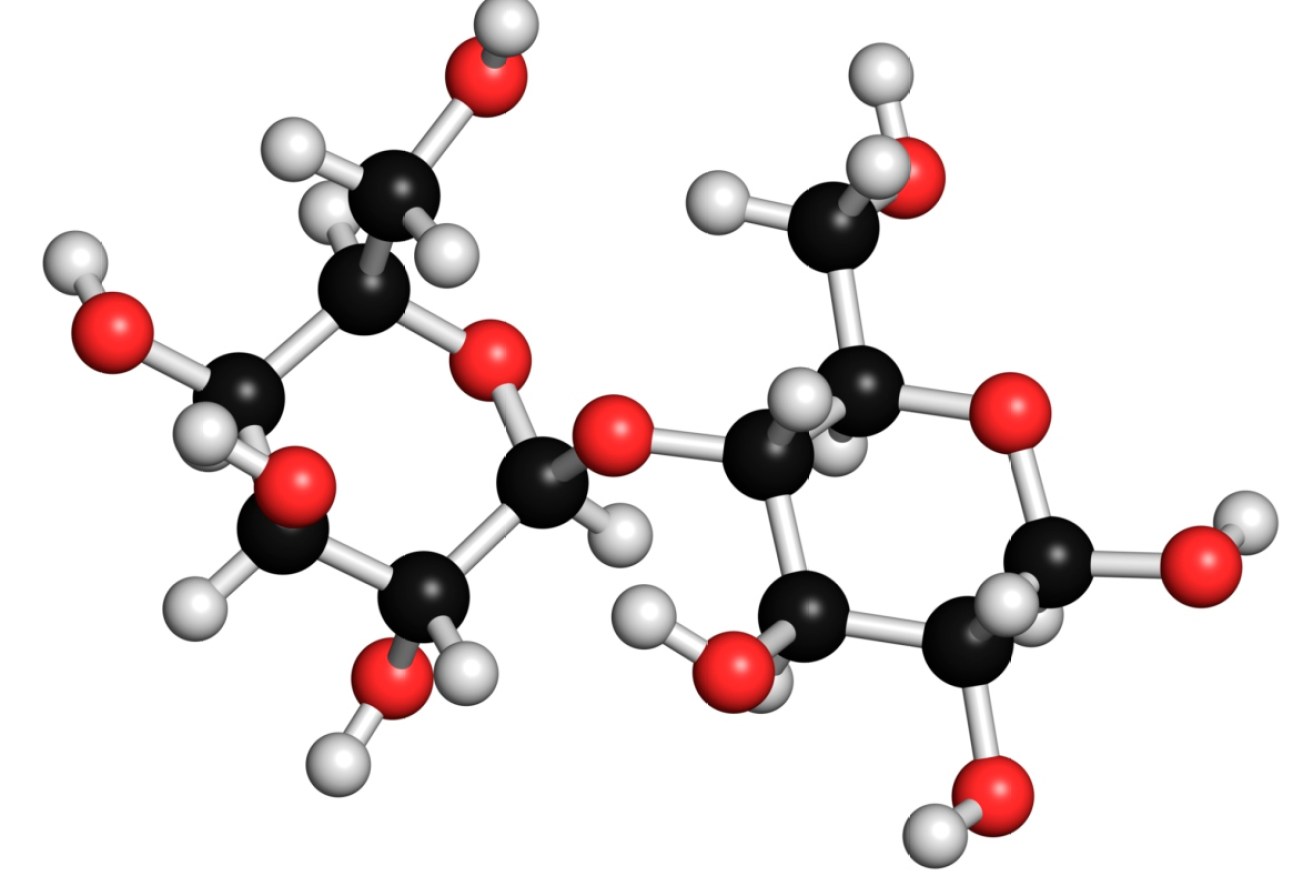This is why you shouldn’t self-diagnose lactose intolerance


Getty
Experts are urging women who suspect they might have lactose intolerance to avoid making drastic changes to their diet without consulting an expert because it can lead to other, more serious problems.
The warning comes in the wake of new research from Roy Morgan which shows women are three to four times more likely to report being lactose intolerant than men across all age groups.
It is not specified whether all of the 15,000 people surveyed did in fact have clinically diagnosed lactose intolerance.
• Paleo diet can lead to weight gain, pre-diabetes symptoms
• ABC slammed for ‘scientifically bankrupt’ report
• The 10-minute saliva test for cancer
Lactose is a sugar naturally found in dairy products. A common response to self-perceived lactose intolerance – meaning not medically diagnosed – is to exclude dairy from the diet.
But Aloysa Hourigan, senior nutritionist at Nutrition Australia, has advised people against doing this.
Ms Hourigan said cutting out dairy can lead to other chronic health problems, including osteoporosis, diabetes and hypertension, if not done judiciously.
“If you start avoiding all dairy foods and don’t substitute with foods with similar protein and calcium value, then you could be missing out on some key nutrients,” she said.
“If you don’t get enough calcium then there is a risk to your bone health and other metabolic processes. Protein is essential for muscle repair, enzyme and hormone production and a range of other body functions.”
While it is possible to replace milk products with other foods that have similar nutrient levels, people with lactose intolerance do not necessarily need to avoid dairy altogether. A lactose intolerant adult can still tolerate 5-7 grams of lactose per day.

Lactose milk sugar molecule. Atoms are represented as spheres with conventional colour coding: hydrogen (white), carbon (grey), oxygen (red). Photo: Getty
“Lactose is not present in high amounts in all dairy foods,” Ms Hourigan said. “Hard cheeses have negligible lactose but still provide a good source of calcium and protein.”
She added: “You could potentially get the nutrients in milk from other food sources – however, not always in the same balance – so this is why it is a good idea to seek the advice of an accredited practising dietitian or other appropriately qualified health professional.”
The other problem with self-diagnosis
The symptoms of lactose intolerance, which include nausea, bloating, abdominal pain, diarrhoea and flatulence, are non-specific and so easily attributable to other medical conditions.
“One condition which has very similar symptoms (to lactose intolerance) is Irritable Bowel Syndrome,” said Professor Maximilian de Courten, Director of the Centre for Chronic Disease Prevention and Management at Victoria University.
“So if somebody really wants to know ‘do I have irritable bowel syndrome or lactose intolerance?’, they should consult with their GP.”
Other conditions with overlapping symptoms include inflammatory bowel disease, intestinal infection and coeliac disease. These all require an accurate diagnosis and specific treatment to avoid further – sometimes serious – complications.
Lactose intolerance can be clinically diagnosed a number of ways, with the Hydrogen breath test being the gold standard.
Why do more women think they have lactose intolerance?
The Roy Morgan survey shows the number of Australian women over 18 reporting they have lactose intolerance has increased by 240,000 over the past four years.

Australian women are reporting more instances of lactose intolerance. Photo: Getty
These findings are significant given that lactose intolerance is gender neutral: men are just as likely as women to have the condition.
Professor Stefan Broer, Head Division of Biomedical Science and Biochemistry at ANU, said this imbalance may partly be due to the fact women consume more milk products than men on a daily basis. Thus, they may attribute these non-specific symptoms to the dairy in their diet.
Professor de Courten said he’s not surprised women are more likely to report lactose intolerance.
“In general, women are more forthcoming with reporting symptoms, and that often translates into more women attending clinics for screening tests than men,” he said.
A study from 2011 published in the American Journal of Clinical Nutrition also found self-perceived lactose intolerance to be more prevalent in women. The authors said more research was needed to ascertain why.









